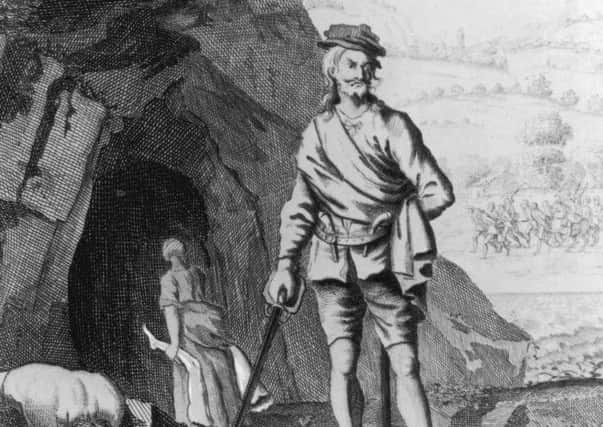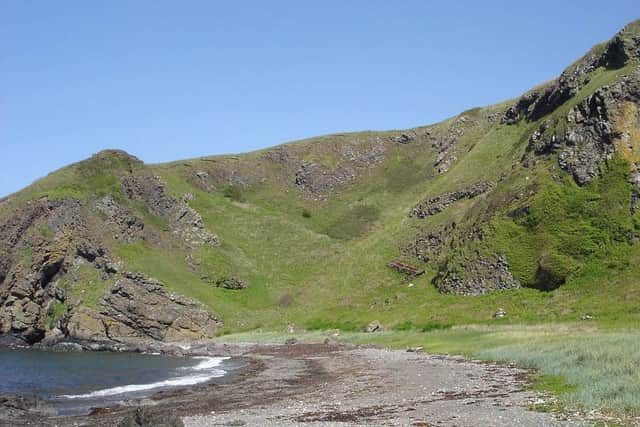Fact of the week: Scots cannibal Sawney Bean


According to legend, Sawney Bean was born Alexander Bean in East Lothian during the time of James VI but left there to set up home in an isolated cavern on the south west coast of Scotland.
The cave is said to have been 200 feet deep and its entrance became totally submerged at high tide.
Advertisement
Hide AdIt was in this seclusion, over 25 years, that he fathered his large, incestuous and blood-thirsty family.


Competing versions of the story reference Bennane Head, Ayrshire and the Mull of Galloway but both agree that the family would capture wayward travellers and kill them for food.
What remained of their unfortunate victims, after the brood had feasted upon them, was returned to their cave to be pickled and consumed later.
There were some reports of missing persons and findings of stripped human bones but none were taken too seriously.
Sawney and his family’s undoing is said to have come when one of their victims escaped their clutches and alerted the authorities.
Upon hearing the news, King James led a force of 400 soldiers and a pack of ferocious hounds to eradicate Sawney Bean and his family.
Advertisement
Hide AdFollowing their arrest the Bean family was then executed in Glasgow or Leith without trial.
The menfolk were brutally dismembered and allowed to bleed until they died; in full view of the women and children whom were themselves burned to death afterwards.
Myth?
Advertisement
Hide AdThere is some speculation as to the truth and accuracy of the tale.
Some academics interpret it as anti-Scottish propaganda designed to show the Scots as dangerous savages at a time of political unrest and resentment.
Others consider it to be a warning to children against being work-shy or disobedient, in the same vein as the Boogeyman in the United States.
Regardless, the story of Sawney Bean has provided fodder for many films, songs and other forms of entertainment including the 2010 film “Hotel Caledonia” which was written, produced and directed by Nicholas David and the 2012 horror novel “In The Devil’s Name”.
SEE ALSO: